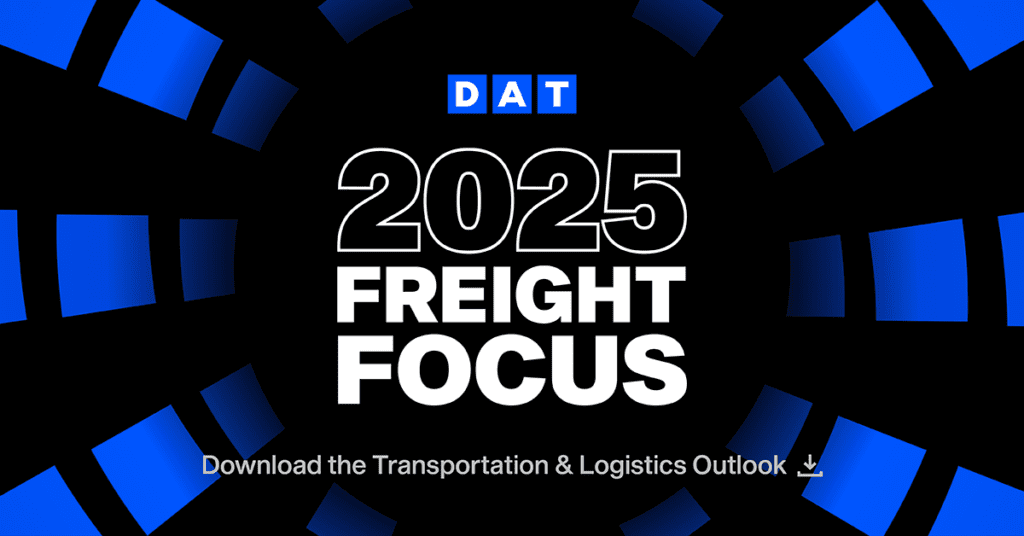The current inverted market – with spot rates below contract rates – has put the squeeze on freight brokerages and 3PL margins. The oversupply of capacity puts shippers in the driver seat in terms of pricing, with average margins dropping below 15% for small-to-mid-sized brokerages. But margins and market cycles are tightly correlated, and we expect to enter the next cycle in 2025.
This is an excerpt from our annual report, “Freight Focus.” Read it in full in full here.
Margins aren’t the only challenge facing transportation intermediaries. Fraud surged for all industries in 2023 and continues to pose a major challenge for brokers. The increased risks impact both financial performance and carrier relationships, and network management is a key focus for brokers in the coming year.
Buy-side blueprints
The post-pandemic freight space has created an opposite effect compared to 2020-21. With oversupplied capacity, maintaining strong partnerships with trusted carriers has become crucial. When the market begins to tighten again, shippers will undoubtedly need reliable capacity, and brokers who have already fostered trustworthy carrier networks will thrive.
Reinvesting in relationships now can set brokers up as the go-to solution when space becomes constrained once more.
Prioritize trust – Earn a reputation for fairness to attract top-tier carriers: timely payments, resolve disputes quickly, and honor commitments.
Create value for carriers – Offer perks such as continuous freight opportunities or access to discounts through your network.
Make communication easy – Open lines of communication during every step of the process to build reliability and respect.
Sell-side strategies
Shippers refine their transportation RFPs annually, particularly during Q4 and Q1. Here’s how you can position yourself for success:
- Analyze market data: Broader market cycles gloss over lane-specific trends. Granular analytics are required for accurate pricing.
- Highlight differentiators: Demonstrate your ability to handle specialized lanes, faster turnarounds, or extensive partnerships.
- Seek out small shipper opportunities: Freight markets with midsize shippers often get overlooked but present significant opportunities for incremental growth.
The spot market remains the focal point for brokers, though. Many brokers have underpriced loads in order to capture volume, but maximizing margins requires a pivot.
- Leverage advanced analytics: Access market benchmarks in order to offer competitive quotes without compromising profitability.
- Understand shipper behavior: Prioritizing customer priorities yields premiums — shippers will pay to have their hardest problems solved.
- Dynamic pricing models: Adopt technology-driven tools to adjust quotes quickly as spot rates respond to real-time market shifts.



